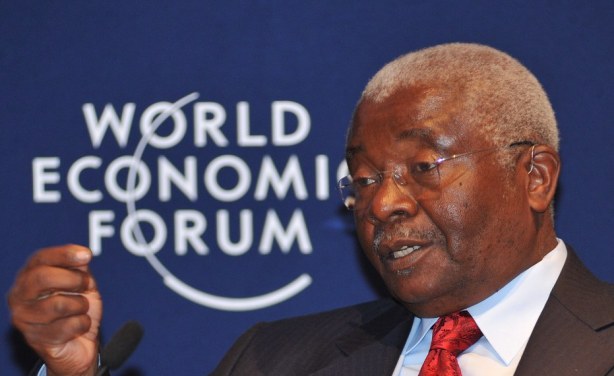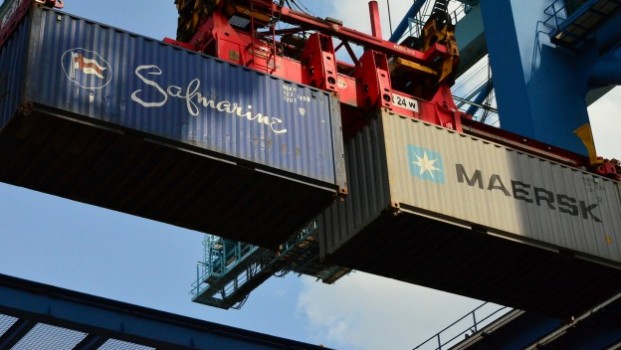United Nations member states from 193 who attended the third Finance for Development Conference (FFD3) held from 13 to 16 July 2015 in Addis Abeba have concluded their meeting by adopting the :Addis Abeba Action Agenda” that will provide a foundation for implementing the post 2015 global sustainable development agenda.
The agenda is set to renovate global finance practices and generate investments for tackling a range of economic, social and environmental challenges and is expected to be adopted by close to 150 world leaders in September this year during the UN annual conference in New York and the climate agreement to be adopted in December in Paris.
Months of negotiations between countries preceded the agreement. It is seen by many as a landmark in creating an enhanced global partnership that aims to cultivate universal, inclusive economic prosperity and improve people’s well-being while protecting the environment.
The agreement is “a critical step forward in building a sustainable future for all. It provides a global framework for financing sustainable development,” said UN Secretary-General Ban Ki-moon. “The results here in Addis Ababa give us the foundation of a revitalized global partnership for sustainable development that will leave no one behind.”
Wu Hongbo, the Secretary-General of the Conference, on his part said, “This historic agreement marks a turning point in international cooperation that will result in the necessary investments for the new and transformative sustainable development agenda that will improve the lives of people everywhere.”
Domestic resource mobilization, the importance of aligning private investment with sustainable development and international cooperation for financing of specific areas where significant investments are needed, such as in infrastructure for energy, transport, water and sanitation are included as the crucial elements of the agenda.
In a statement, the EU, the world’s largest donor by far, has reaffirmed its commitment to achieve the UN 0.7% target within the timeframe of the post-2015 agenda. “This includes a specific effort for countries most in need (0.15-0.20% to Least Developed Countries (LDCs) in the short-term, 0.20% within the timeframe of the post-2015 agenda),” a statement from the EU said. However, the EU also cautioned the Sustainable Development Goals cannot be achieved without domestic revenue mobilization. “Ownership built on responsibility, accountability and own strength is key.”
Financing has been highlighted throughout the conference as the linchpin for the success of the new sustainable development agenda, which will be driven by the implementation of 17 sustainable development goals. The UN believes the conference to be the first of three crucial events this year that can set the world on an unprecedented path to a prosperous and sustainable future



